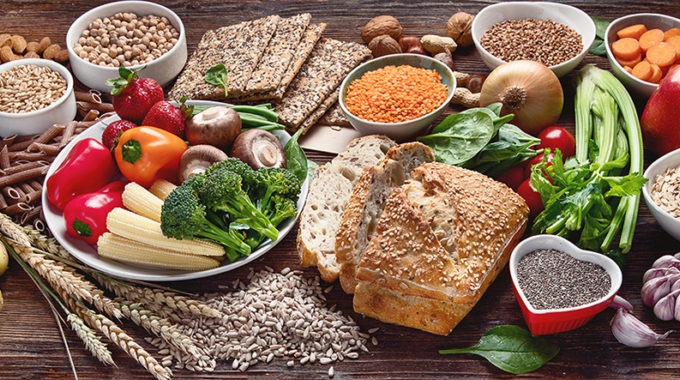Microbiome magic: food and immunity
Biochemical nutritionist Dr Beth Steels shares her expertise on the gut-immune axis, the microbiome and how beneficial bacteria can help support your immune system naturally.
The microbiome is an ecosystem made up of trillions of microorganisms – including bacteria, viruses and fungi – that live in and on your body. Research suggests that the gut microbiome plays a key role in supporting immune function, and our diet plays a role in helping determine what kind of microbes live in our intestines.
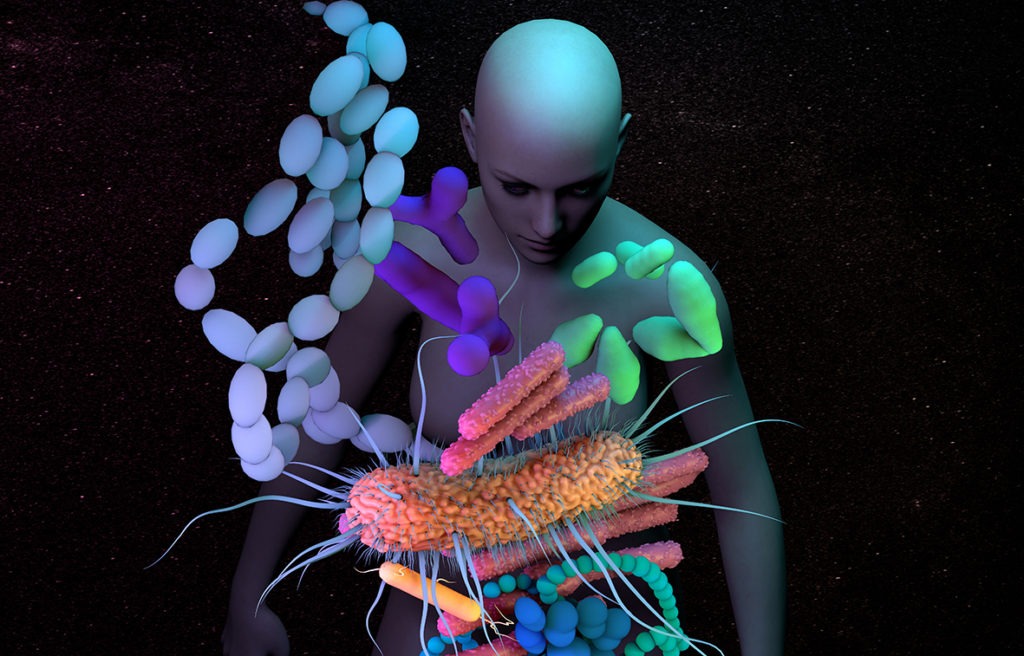
What is the gut-immune axis?
Simply put, the gut-immune axis is the link between the gut and the immune system. Research has found that up to 70 percent of our immune system is located in our gut. The gut lining acts as a protective barrier, preventing foreign bacteria from passing through into the bloodstream but allowing vital nutrients to pass through.
Special immune cells called dendritic cells strategically move through the immune system that surrounds the gut. Their main function is to sample from their surrounding environment and present what they’ve sampled to adaptive immune cells.
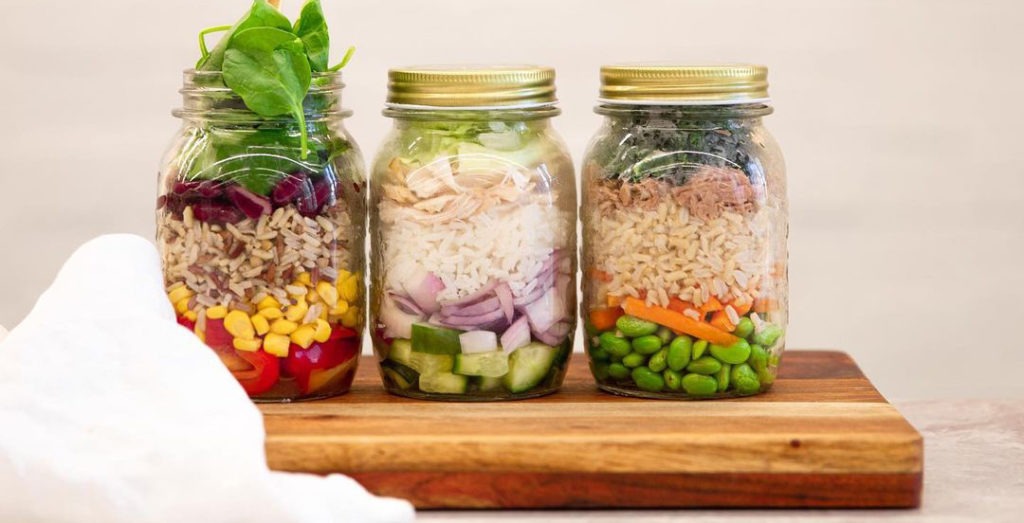
How does food impact gut health and immunity?
A healthy immune system starts on the inside. Since up to 70 percent of our immune cells are located in the gut, a healthy diet may play a role in helping to support our immune system and maintaining good gut health. A requirement for the health and function of all cells is a well-balanced diet with adequate nutrients.
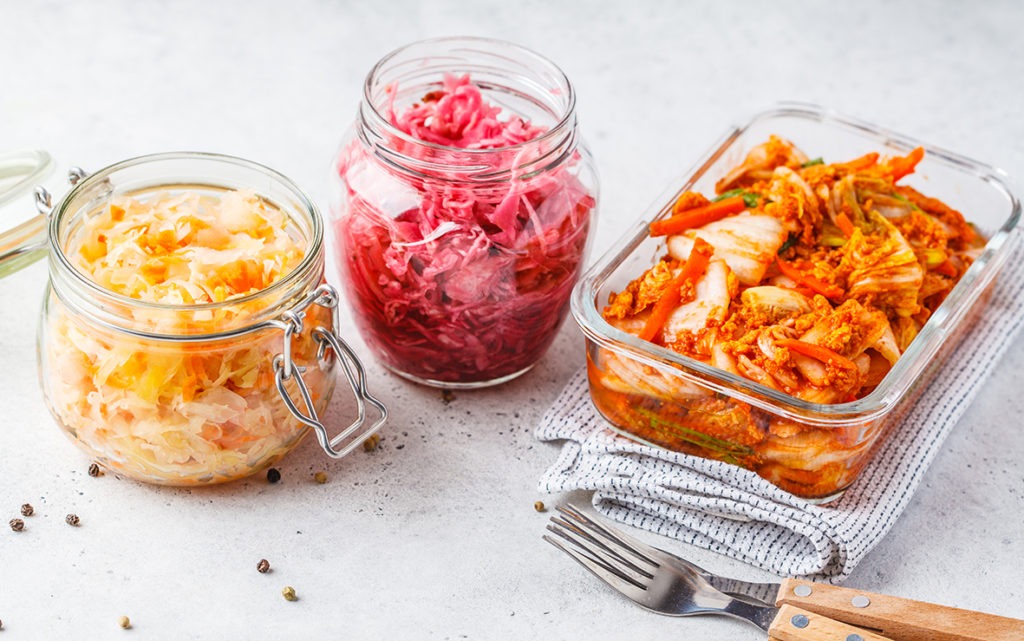
What foods are best?
Diverse dietary patterns may better prepare your immune cells for dealing with foreign microbes. A diet rich in fibre and plants appears to help support the growth and maintenance of beneficial microbes. Introducing plenty of fresh fruits, vegetables, whole grains and legumes as well as foods containing beneficial bacteria can all help to support the health of your gut microbiome and your immune system. These foods include kefir, yoghurt, fermented vegetables, sauerkraut, tempeh, kombucha, kimchi and miso.

What foods are bad for gut health?
Dietary patterns that are limited in variety and lower in nutrients – such as eating lots of processed foods and minimal fresh fruits and vegetables – may negatively affect a healthy immune system. Research suggests that consuming high amounts of refined sugar and red meat and only limited plant-based foods may contribute to gut inflammation, which in turn may contribute to a weaker immune system.

What are some signs that my gut health might be poor?
A healthy gut will have less difficulty processing food and eliminating waste, so digestive disturbances may be a sign of poor gut health. Some examples of this are bloating, constipation, diarrhoea and gas. If you experience any of these symptoms, always talk to your health professional about how you can best manage them.
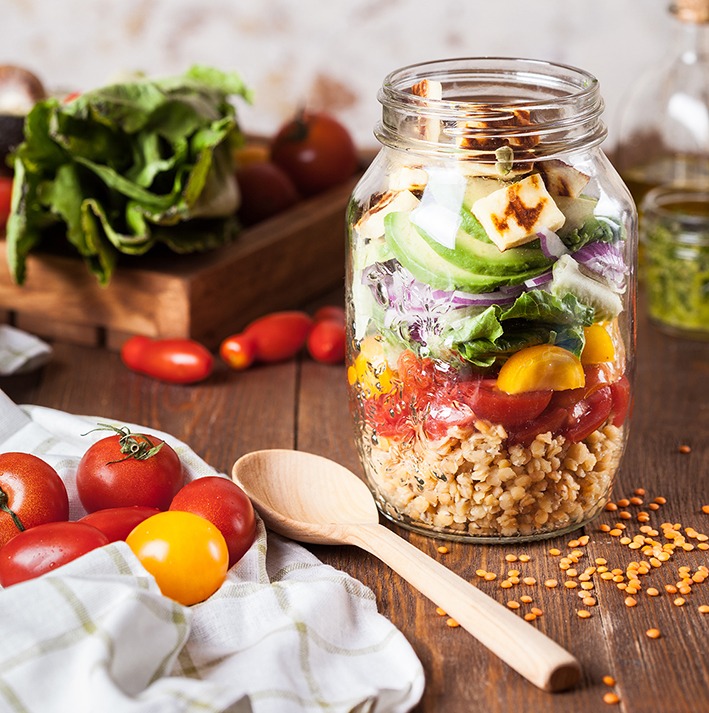
Should I eat a variety of gut-healthy foods?
Research suggests that eating a varied, gut-healthy dietary pattern plays a significant role in supporting good gut health. It also helps to decrease gut inflammation. Each stage of the body’s immune response relies on the presence of a variety of micronutrients. Alongside the beneficial bacteria which live in the gut, nutrients which have been shown to contribute to supporting a healthy immune system include zinc, vitamins C and D, selenium and iron.
Dr Beth Steels has been in clinical practice as a biochemical nutritionist for more than 20 years. Her focus as a practitioner is to help people manage their weight by rebalancing their metabolism naturally. She’s also interested in the new area of nutrigenomics, which is the study of the interactions between food and our genes.
For specific dietary advice, always talk to your healthcare professional. For more on gut health and immunity, head to Life-Space Probiotics.


